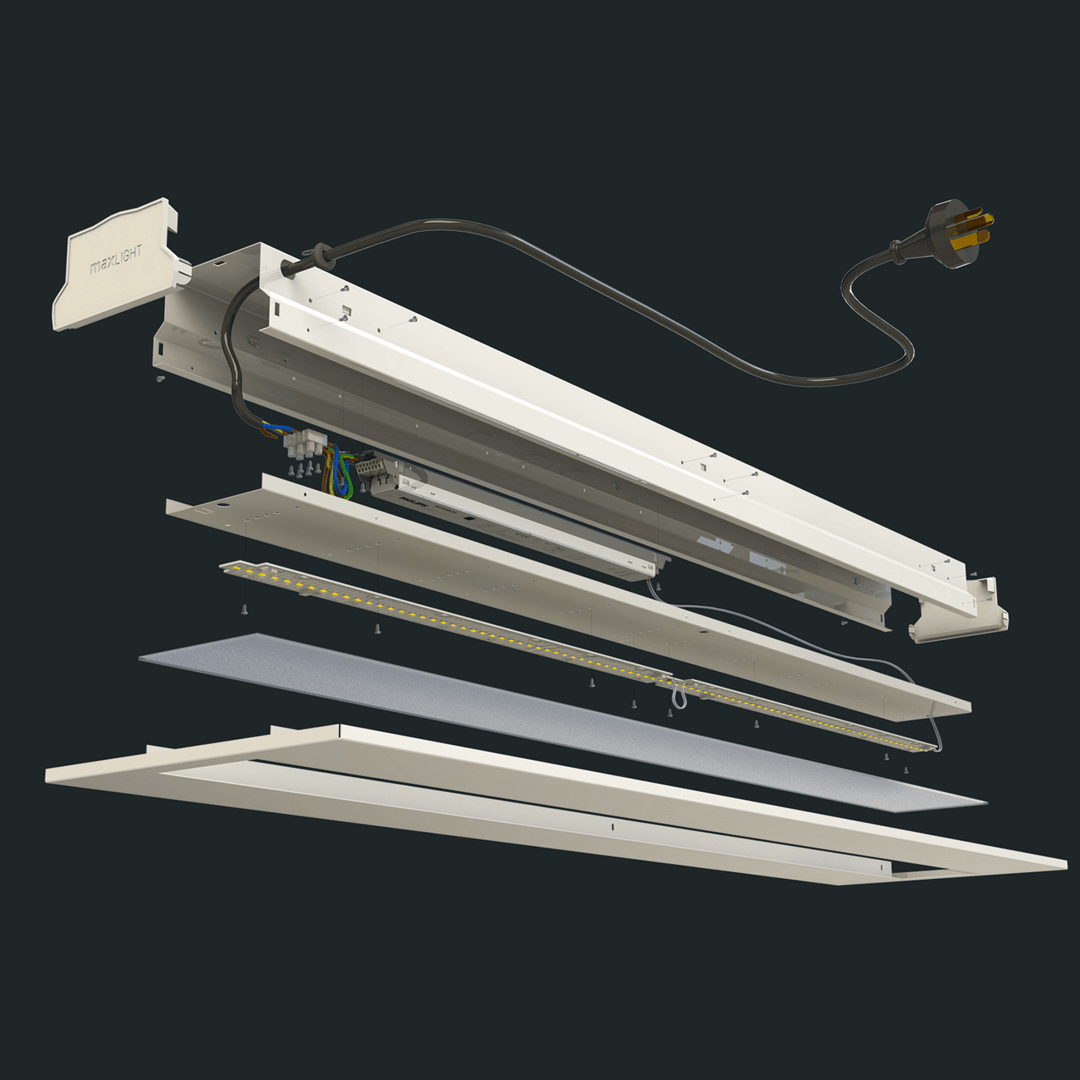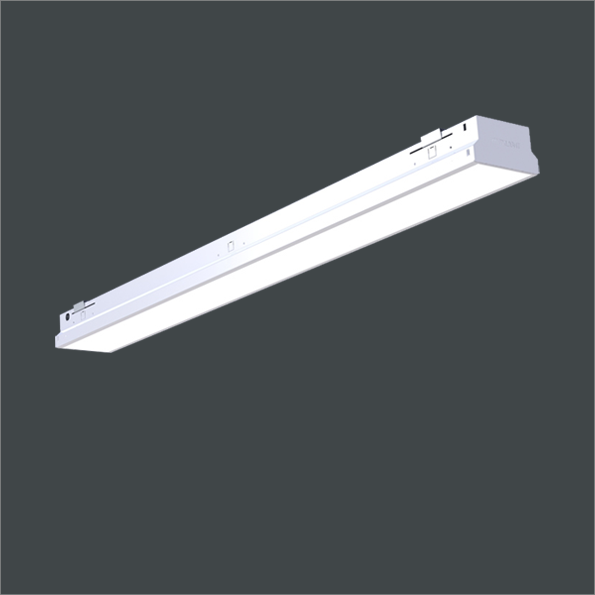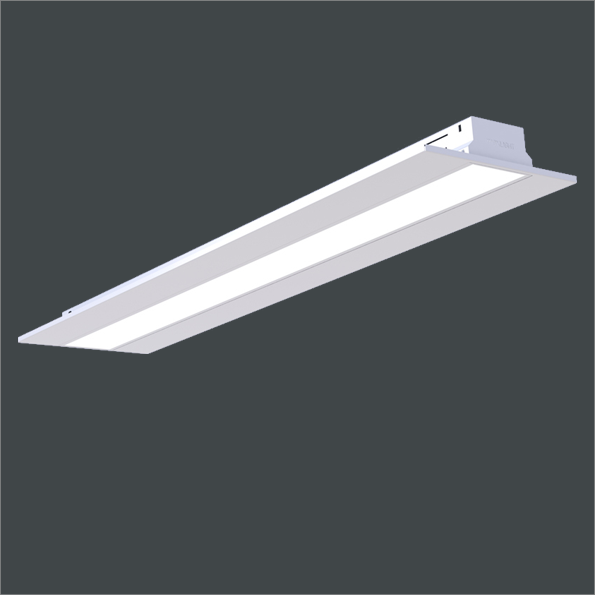Concept Design vs Detailed Design
In the business world, there are two important steps in making products: coming up with the initial idea and then making sure all the small details are just right. The first step is called 'conceptual design,' and it's where we figure out if an idea can work. The second step, 'detailed design,' is when we make everything perfect for production.
What is Concept Design?
Concept design is the first phase of the product design process, with drawings, illustrations, or solid models to produce the main output. This stage describes the proposed product with integrated ideas and concepts. It determines what it should do, perform & look like to make users understand its idea.
Visualizing the product is an essential aspect of this phase. It includes the design of interactions, processes, experiences & strategies. The design is grounded in more abstract thinking until a detailed plan is ready to be created.
Concept design initiates the design journey, creatively responding to the project brief.
It describes the product concept in a user-friendly manner, encompassing its functionality, behavior, and appearance.
Often a collaborative effort, it involves designers and advisors exploring options, constraints, and opportunities.
Concept design is the realm of interactions, experiences, and strategies, where vision meets feasibility.
During this stage, the consultant team develops the design concept, specifications, accommodation plans, cost estimates, and more.
What is Detailed Design?
Detailed design is a phase that takes on and develops the approved conceptual design. It is a stage where the design is refined and plans, specifications & estimates are created. The detailed design includes 2D and 3D models, cost build-up estimates, procurement plans, P & ID’s and more. It is the crucial phase in which project’s costs are defined and set.
Engineering companies are continually looking to improve their detailed design phase to shorten the product development lifecycle considering the increased product complexity.
Detailed design evolves from the approved concept, refining plans, specifications, and estimates.
It draws expertise from specialist designers, including contractors, suppliers, or sub-consultants.
This phase is fundamental to manufacturers, intersecting various product development processes.
It results in a comprehensive design, covering layout, operational flows, architectural, structural, and building services details, among others.
Building Information Modeling (BIM) streamlines the generation of production information from a coordinated model, reducing errors and costs.
Understanding these design stages is crucial for successfully bringing product ideas to fruition. It is recommended opting for a product design company with expertise in both conceptual design and detailed design. It enables you to develop product design and development with innovative ideas. At hone.pd, we love helping businesses grow. And we know that product design will benefit your business in many ways. Call (02) 4037 7945 to ask us how it can help your business meet a market need or product design challenge. Chat with a hone.pd Product Design Specialist today!
Download our free resources to find out more and start your product design journey.
Download: Product Design Playbook
Download: Value of Design & ROI Calculator



